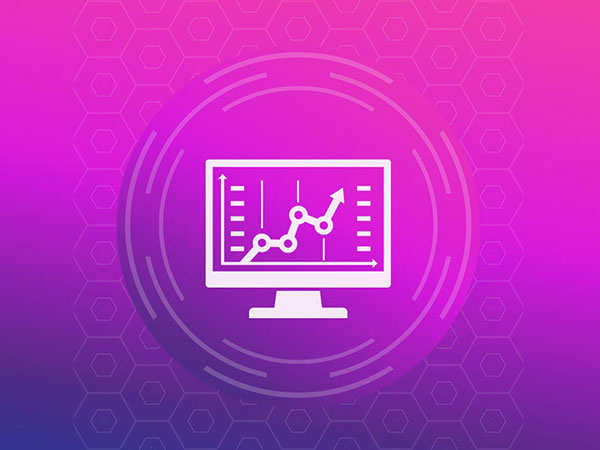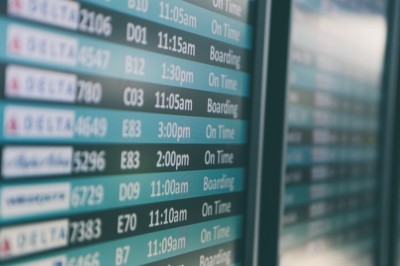If you’ve recently heard someone complain about how expensive air travel has gotten, it’s time to look past popular perception and look at the facts: Business Insider looked at federal transportation statistics for 5 major airports over the last 20 years, and found that with a few normal ups and downs, the overall cost of flying has been steadily decreasing in the last few decades. The competition among airlines and the relatively low price of jet fuel spells out good news for travelers overall but scoring the best savings often comes from another source: big data. Online marketplaces are helping users score cheap seats by using the powerful tools of massive databases and predictive analytics. But how?
What are online marketplaces?
In the last decade, the tech industry has been blowing up with online marketplaces, which are industry-specific platforms for comparison shopping. Travel marketplaces offer the best deals on airfare, hotels, and car rentals for budget-conscious shoppers—or simply those who know what they want. Online marketplaces work with huge databases of airline information to find travelers what they’re looking for. Some apps and sites like Hopper take this big data wrangling a step further: actually analyzing the prices on travel marketplaces themselves, like Kayak and Expedia.
Taking the manual search off the table
The advantage of big data in travel marketplaces, of course, is the ability to analyze thousands of airlines and flights in an instant, ranking them by criteria like price, dates, and other filters customers specify. Before Expedia, Kayak, and Skyscanner, getting the best deal meant lots of hours spent comparison shopping, so many people just paid for their preferred airline, without shopping around. Travel agencies have also gone through massive changes with this shift, no longer needing to find the best prices, but acting more as a travel advisor. Customers can now comparison shop conveniently, further pushing competition among airlines.
Predicting price spikes
Kayak has a handy feature for travelers: using data to predict whether you should buy your ticket now, or wait for a price drop. Airline flight pricing may seem mysterious to the casual observer, but big data breaks down these trends and uses them to inform travelers. This is especially handy for travelers who need specific travel dates—but still, want to score the cheapest fare.
Suggesting new destinations
Global travel is becoming a dream for more young people every year, and lower budgets are prompting these travelers to look beyond classic (and expensive) destinations like Western Europe, Japan, Australia, and the Caribbean, where high tourism rates have also been damaging natural ecosystems. Data analysis through marketplace sites like Skyscanner searches out the cheapest tickets, with the ability to suggest lesser-known destinations that might be a better deal in the off-season. Customers can set specific parameters, like the month they’d like to travel—and watch the site bring them a list of affordable international destinations.
Flight alerts
Hopper, one of the platforms using big data to analyze other marketplaces, helps customers who are looking at a specific destination and time buy their ticket at the right time. Analyzing billions of prices, the application can use predictive analytics to alert customers when the price drops on their ticket, and how likely it is to be the best price. With alerts, finding the cheapest ticket isn’t just fast—it’s incredibly convenient as well.
Personalization and data collection
There’s a reason many people are warned to look at flights through an incognito browser window: big data is helping airlines sell you tickets as it’s helping you get cheaper tickets. Airlines can track almost everything about your purchases, including how much you usually spend and how you pay. This is useful information for them to know in general, but it also helps to inform them what the market will bear—and reveal information about how to price their tickets. Airlines use artificial intelligence to collect information from your frequent flier number, but while you’re searching on a platform, it’s easier to stay anonymous and avoid negative personalization (i.e. price hikes based on browsing history).
Opening up the world
There’s no doubt that these travel sites have been a boon to travelers (especially young people) who would never be able to see the world without the low-cost options available today. With more low-cost carriers taking flight every year, big data travel platforms will only become more valuable as time goes on, making travel more accessible and convenient. Want to see the world? Get on board with big data.




![Ride-sharing impact on drunk driving in the US [Infographic]](https://crayondata.ai/wp-content/uploads/2022/05/driving-1.jpg)


